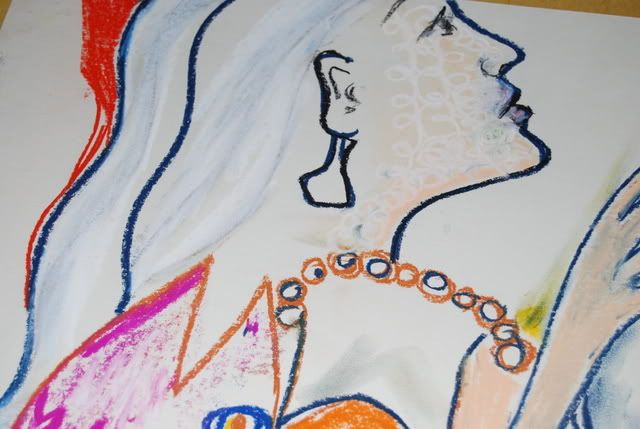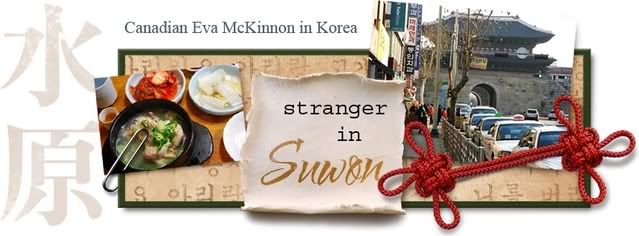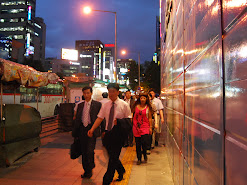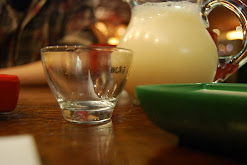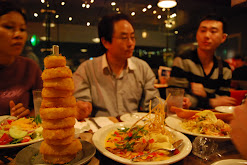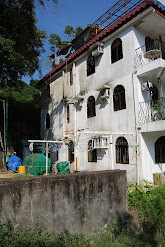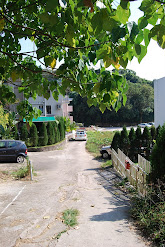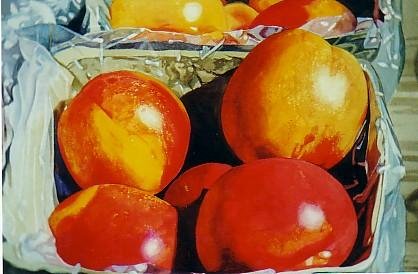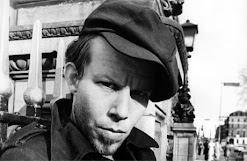The Korean Dream.
Inspired by the brainstormed ideas of my adult class:
The Korean dream? No, not a rose garden, black lab, a boy and a girl strapped into in an SUV, kayak on top. Korean land is small. A nice apartment and lucrative career is the dream.
Seoul is hot in the world real estate market. The cost of living is comparatively high. Although I'm tempted to disagree, stats peg Seoul as the 2nd most expensive city to live in, topped only by New York. Tokyo has fallen to 3rd place.
Location is important, and Seoul's hot spot is Gangnam. The 2 floor penthouses sometimes have a garden terrace, but generally speaking the 7 and 8th floors of apartment buildings are coveted for their view.
Like a good brand of jeans, there are names attached to Korean apartment complexes. The chains are backed by marketing schemes and famous spokespersons. New names pop up like toast.
My young students pitied me when I pointed out my 2nd floor walk-up. They worried it could be targeted by buglers. Apartment buildings in Seoul, especially luxury ones, have heightened security systems. Entrances are concealed from the street, and ID must be flashed to the doorman.
I asked my students why Koreans work so much overtime, and they explained that it's the competitive job market. Workers are constantly reviewed, and forced to prove their worth if they want a raise, let alone job security.
Korean men accept the fact that they will work long hours for success, and they secretly fear idleness. There is usually a social network at work. Men/women socialize with their coworkers.
People are having less and less children, due to the cost of child rearing, and filial duty is weakening. Many Mothers prefer not to be a burden to their eldest son, choosing to live alone or in a nursing home.
Koreans have less hobbies than North Americans. The Korean war was devastating and the country had to rebuild itself. This may have something to do with the limited leisure activities. Koreans have had to work hard to gain economic strength, and rediscover their culture.
